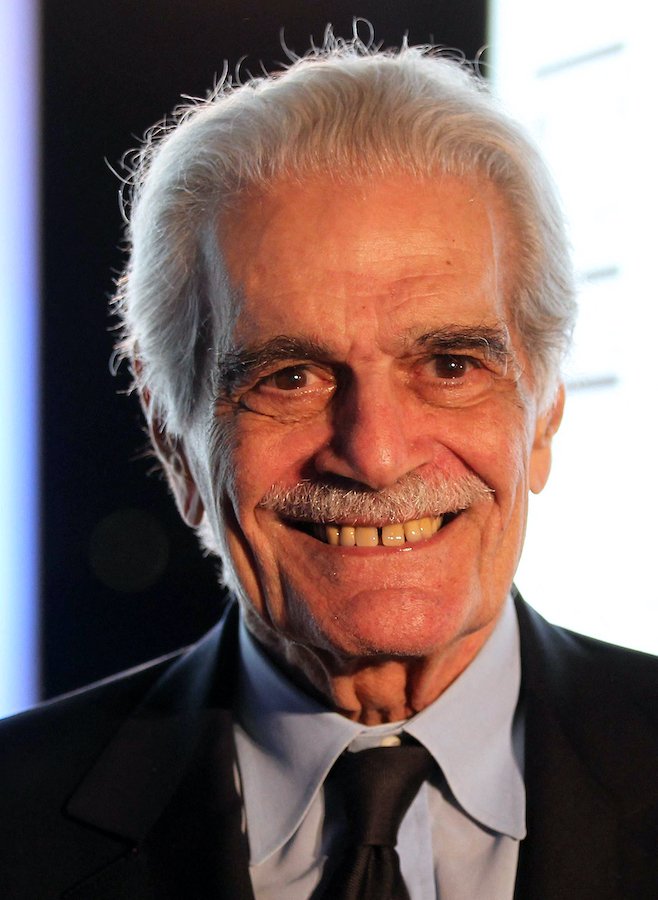DUBAI: Egyptian filmmaker Mark Lotfy and Swedish director Axel Petersén are set to document the eventful career of the late Egyptian actor Omar Sharif.
According to Variety, the documentary, titled “The Life and Times of Omar Sharif,” will follow events that show how the 1950s politics in Egypt shaped the star’s character.
The documentary will be produced by Sigrid Helleday’s Stockholm-based Fedra in co-production with Lotfy’s Alexandria-based Fig Leaf Studios and Corniche Media in London.
Sharif, who died in 2015 at the age of 83, was one of the few Arab actors to make it big in Hollywood, and was known for his charismatic looks and bridge-playing prowess. Born as Michel Demitri Shalhoub in 1932, Sharif was the son of a lumber merchant in Egypt’s second city Alexandria.
He was raised a Roman Catholic but converted to Islam and began acting in the 1950s.
Sharif garnered an Oscar nomination for best supporting actor for his role in “Lawrence of Arabia.” (AFP)
“The Life and Times of Omar Sharif” will show how the policies of President Gamal Abdel Nasser, who ruled Egypt from 1954 to 1970, and the political climate of the time led him to convert to Islam and change his name.
Sharif garnered an Oscar nomination for best supporting actor for his role in “Lawrence of Arabia” and went on to win Golden Globe awards for the same role, as well as his turn in “Doctor Zhivago.”
Fluent in English, Arabic, Spanish, Italian, Greek and French, Sharif sent hearts aflutter around the world.
His most high-profile roles were in the 1960s when he also starred opposite Barbara Streisand in “Funny Girl.”
“Omar Sharif was a conversation piece that we could always come back to,” Petersén told Variety. “Quite early on in our relationship we realized that we had two very, very different perceptions of Omar Sharif. Me, representing the West, I saw him as some Hollywood superstar, playboy, glamour man, while Mark, representing the East and Egypt, had a completely different perception. He knew him as a persona non grata, like an Egyptian Judas. … We couldn’t figure it out. How could our views be so different?”

